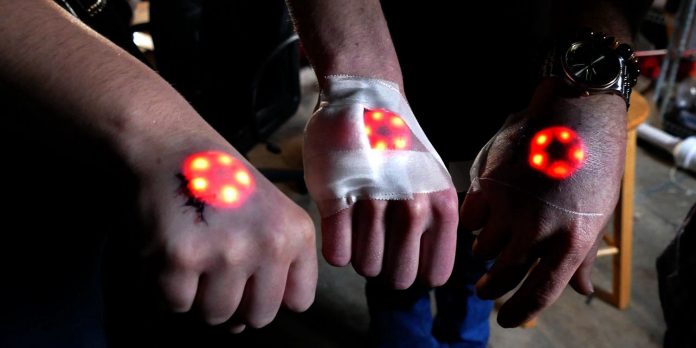The new Coronavirus epidemic that started in Wuhan, China, in late December is now in dozens of countries, including the United States. Here are answers to key questions about the virus, including how to protect yourself and what to expect.
When and where did the outbreak start?
China first reported the outbreak in Wuhan on Dec. 30, 2019.
What are the symptoms of Coronavirus?
According to the CDC, symptoms of COVID-19,may include
Fever
Cough
Shortness of breath
Symptoms may appear in as little as 2 days and as long as 14 days after you’re exposed to the virus.
Is the Coronavirus seasonal, like the flu?
Will the Coronavirus die out once warmer weather hits? It’s possible, but we don’t know enough about the virus yet to know for sure, says Nancy Messonnier, director of CDC’s National Center for Immunization and Respiratory Diseases.
Most respiratory viruses, like the flu, are seasonal. Coronavirus may behave like the flu and we’ll see cases go down in spring and summer, she says. “But it’s premature to assume that.” The agency continues to take aggressive action because it can’t count on that.
How is Coronavirus diagnosed?
If you believe you may have COVID-19, call your doctor’s office.Alert them to the situation so they can prepare for your arrival. Do not just go to an urgent care or emergency room without calling first. If your health care professional agrees you may have Coronavirus, they will contact your state and local health departments. The CDC is supplying states with test kits. Each test result must be verified by the CDC before a diagnosis is confirmed.
How does Coronavirus spread?
Because COVID-19 is new, there remain many unanswered questions about how it spreads. But experts believe:
The virus may spread from person to person, between people who are within about 6 feet of each other, and through droplets produced when an infected person coughs or sneezes.
It spreads from contact with infected surfaces. Touching a surface or object that has the virus and then touching your mouth, nose, or eyes is one way it may spread, although the CDC says it is not believed to the main way of spreading the virus.
It may spread before people have symptoms.
It is not airborne, so you can’t catch it from breathing.
It spreads easily. Not all viruses do, but the CDC believes COVID-19 spreads “easily and sustainably in some geographic regions it has affected.
Is there a vaccine for COVID-19?
Not yet. And any working vaccine is at least a year away. But several research universities and drug companies are working on it. At least one possible vaccine is ready for phase I human trials.
How is Coronavirus treated?
There is no drug treatment yet, and antibiotics are effective only against bacterial infections. Experts recommend treating symptoms: Try ibuprofen, acetaminophen, or naproxen for pain and fever; get rest; and drink plenty of water. People with more serious cases need to be in the hospital, where they may need help with breathing and other support.
Is it safe to travel?
Advice on travel is changing rapidly. Visit the CDC website for countries flagged for travel due to the outbreak and this blog for tips if you do travel.
Is Coronavirus worse than the flu?
There have been at least 29 million Americans sickened by the flu this season, compared to more than 100 who are known to be sick with Coronavirus here. While more than 90,000 people are confirmed Coronavirus patients worldwide, the numbers are still miniscule compared to the flu.
But COVID-19, the disease this Coronavirus causes may be more deadly. The flu’s estimated death rate is about 0.1%, compared to the Coronavirus’ estimated 2%-3% mortality rate. It’s difficult to know a true death rate because people may have had mild cases that were never diagnosed. A recent editorial in the New England Journal of Medicine says for that reason, the actual death rate may be closer to the flu in a severe season.

